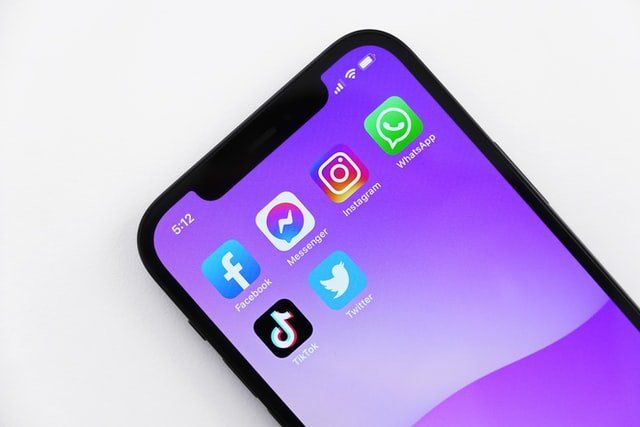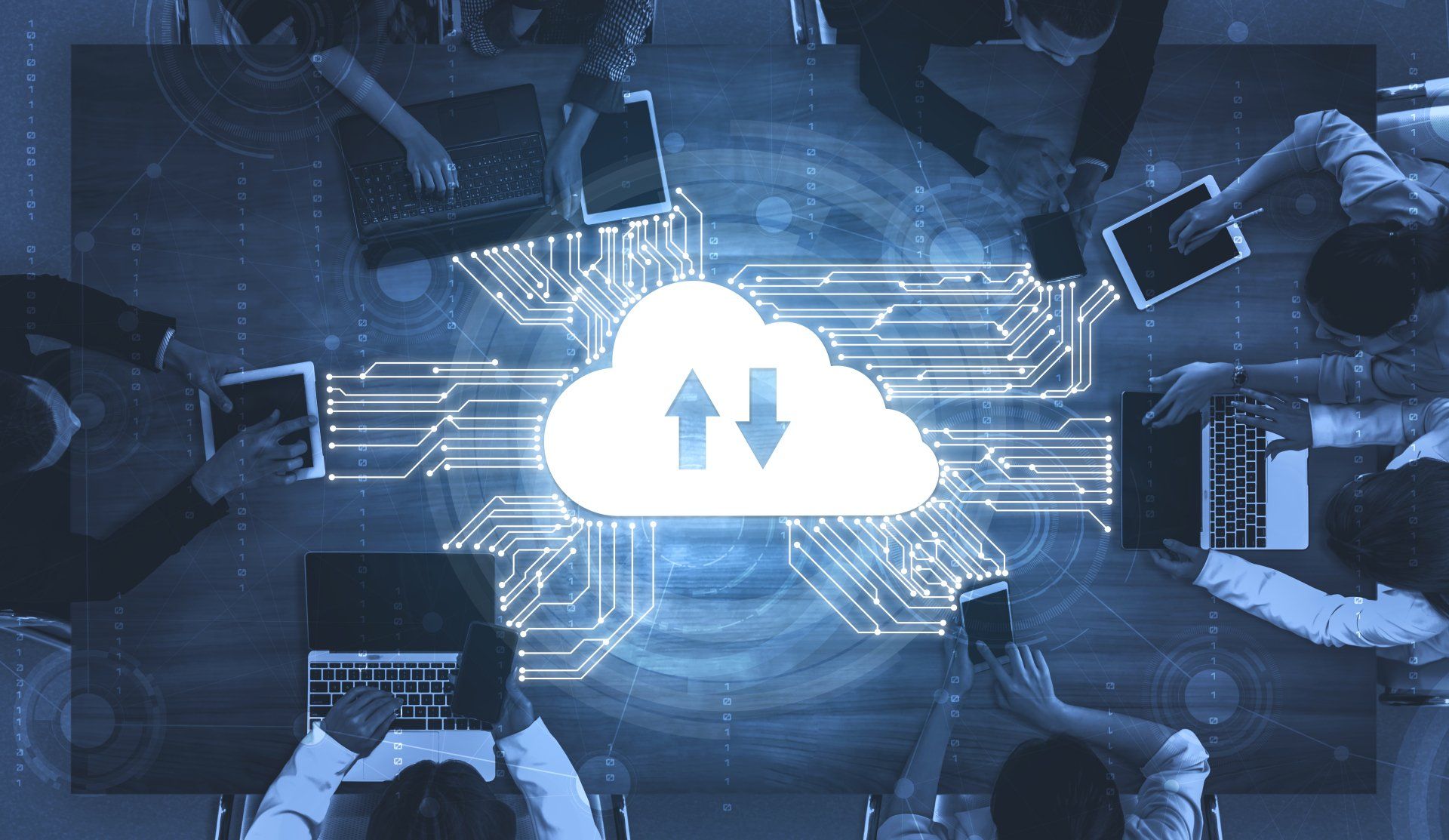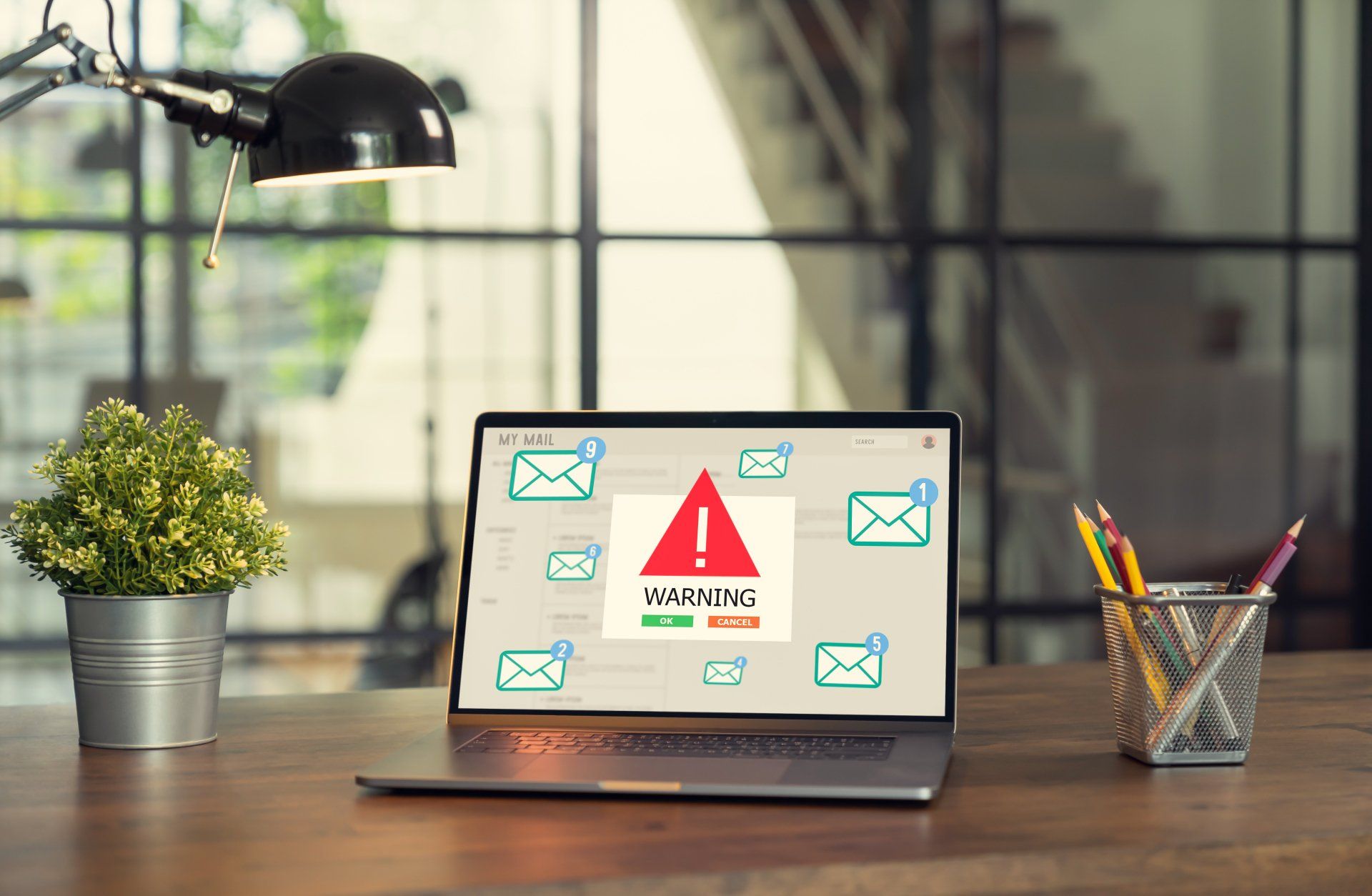What Your Medical Practice Can Do to Improve Telehealth Security
As we work to contain the spread of COVID-19, telehealth has become an essential part of our lives. The technology has enabled us to serve patients better while remaining efficient and safe.
However, as the number of healthcare providers turning to telehealth services continues to increase, so too does the risk. When hackers can breach a telehealth program, they could steal patients’ data and even expose medical records to others who might seek to harm them.
Telehealth has been around for some time now and has grown significantly, especially following the onset of COVID-19. It’s essential in terms of improving the quality of healthcare services. That's why it must be protected from hackers and other threats at all times.
What is Telehealth?
Telehealth is a branch of medicine that uses telecommunications to improve the delivery and engagement of healthcare. Through telehealth, patients can get the care they may not receive in person.
Telehealth also encompasses remote patient monitoring, clinical consultation services, and other forms of healthcare delivered through electronic means.
During the COVID-19 pandemic, telehealth has become a staple of many healthcare systems. As a result, telehealth services are in high demand among many clinics. However, many challenges are associated with telehealth services, including patient data security.
Advantages and Disadvantages of Telehealth
The advantages of telehealth: It offers convenience, accessibility, and cost-effectiveness of treatments. This service can be especially beneficial for those who live in rural or remote areas. Now, everyone can get the care they need without having to go out and risk contracting COVID-19.
The disadvantages of telehealth: It doesn’t have the same level of confidentiality as face-to-face consultations. There’s a risk that sensitive health information may be accessed by people who are unauthorized to do so, and there are potential security risks related to the use of technology devices such as laptops or tablets.
Telehealth Security During the COVID-19 Pandemic
According to Kaspersky, a multinational cybersecurity company, almost a third of clinicians have experienced a data breach when conducting remote telehealth sessions. In addition, nearly half of healthcare providers believe that their staff don't understand how to protect patients' data.
Even before the outbreak of COVID-19, telehealth has gained popularity in recent years because it’s significantly cheaper than brick-and-mortar clinics or hospitals. Not to mention, it allows physicians to take care of more patients than they would otherwise be able to without telehealth. However, with this new approach comes new challenges.
As a result of insufficient security in many clinics, telehealth technology is perceived as risky. According to a 2020 cybersecurity survey, 48 percent of patients wouldn’t use telehealth again if their health information was compromised.
Patients might seek in-person appointments during COVID-19 or may skip care altogether, which could adversely affect patient outcomes.
8 Tips on How to Prevent Telehealth Breach in Your Clinic
It’s clear that the benefits of telehealth are great. Unfortunately, the very same thing that makes telehealth so useful is also a threat to privacy and data security. It’s important to protect the information you share and take precautions, so your privacy isn’t invaded.
The prevention of telehealth breaches can be done in a cost-effective way. The following tips can ensure you’re not exposing your medical records to hackers or other unauthorized parties:
Only Use Video Conferencing Platforms Intended for Healthcare
Several video conferencing platforms are available today, and you can easily download one in a matter of seconds. However, very few of them are intended for healthcare professionals. You will find that most aren't HIPAA compliant and don’t provide the security you're looking for.
According to the Centers for Disease Control and Prevention (CDC), telehealth visits increased by more than 150% from March 2019 to March 2020 alone. At present, telehealth adoption continues to increase due to its convenience and accessibility. However, this also means that there is a risk of a breach in security.
Video conferencing platforms specifically designed for medical practices are necessary in order to prevent these breaches from happening. These HIPAA-compliant platforms will enable medical clinics to keep patient information private and secure while providing them with remote care services.
Integrate Encryption to Improve Telehealth Platform’s Security
The use of encryption in telehealth solutions is a way to protect the confidentiality and integrity of data exchanged between a physician and a patient. This technology is designed to improve the security of telehealth systems by securing sensitive data from unauthorized access.
Encryption can be implemented using two methods: symmetric key encryption and asymmetric key encryption.
In symmetric key cryptography, the same key is used for both encrypting and decrypting the message. Asymmetric key cryptography, on the other hand, uses two different keys – one for encrypting and one for decrypting – that are mathematically linked together.
Encryption can be used when uploading sensitive information to telehealth platforms. Doing so will help protect sensitive data from being hacked or stolen by hackers and keep any patient information secure.
All Telehealth Users Must Always Use VPN
Clinics need to set boundaries on what type of sensitive data they share within their telehealth environment and make sure that all users are connected via secure connections when using telehealth services.
While some healthcare providers offer their own WiFi networks, others will not. Others might even charge for this service. This means that patients risk having their data stolen by hackers when they're on public WiFi networks, such as at coffee shops, airports, and hotels.
This is why all telehealth users must always use a virtual private network (VPN). This means both healthcare providers and patients must always use a VPN to reduce the chances of a telehealth breach.
This also means both parties shouldn’t use one of those free VPNs because they don’t offer enough security for a healthcare organization such as yours. Opting for “free” software has a hidden cost. Instead of saving money, getting hacked will cost you more in the long run.
Enhance Identity Authentication with MFA
Single identity authentication is no longer sufficient. Instead, you should integrate multi-factor authentication (MFA) into your telehealth services.
MFA is a type of security measure that requires two or more steps to verify an individual's identity. It’s a way to provide more robust protection against unauthorized access by strengthening the process of user authentication. This security measure blocks more than 99.9% of all cyberattacks.
MFA can be integrated into your existing software with minor modifications, but it can also be implemented independently.
When done correctly, a multi-tier login protocol makes it much more difficult for hackers to gain access to your clinic’s system. However, some telehealth providers don't offer this additional step, leaving their patients vulnerable to attacks.
Protect Your Endpoints at All Costs
The healthcare industry is one of the most vulnerable to cyberattacks, and this is due in part to the sheer number of endpoints that are typically found in a medical clinic.
It’s important to think of healthcare cybersecurity as a holistic effort. All endpoints in your medical practice, including smartphones, tablets, laptops, desktops, printers, and even your fax machines should be protected with up-to-date endpoint security tools.
Telehealth providers have the advantage of working from anywhere with these devices, but it's crucial to secure and control the data they access.
Endpoint devices are often overlooked when it comes to security measures because they don't store as much sensitive data as servers. But these devices can still hold valuable information like passwords, emails, and other personal data, which is why they need protection, too!
Regulate Access to Mobile Devices
Mobile devices allow patients to be more engaged in their treatment. However, this creates new security risks that need to be addressed.
Establishing a secure mobile device access policy is another way of improving your telehealth security.
First, specify who needs access to these devices. Then, decide how they gain access and what data they're allowed to see. Third, set up an audit process that makes sure these standards are met.
You should also consider using mobile device management (MDM) software. MDM can monitor how the phone is being used. The program can also erase data from lost or stolen mobile devices and disable them remotely.
Teach Your Staff How to Keep Telehealth Communications Secure
It’s important that your staff is trained on safe telehealth communications to drastically reduce the risk of data breaches.
In a world where cyberattacks occur on a near-daily basis, doctors and nurses need to be able to protect themselves. This includes understanding the difference between VPNs, firewalls, and encryption methods.
They should know that they need a strong password that is unique for every account they use. They should also be aware of how to identify potential security risks in their work environment and how to avoid them.
Educate Your Patients on Telehealth Best Practices
Whose responsibility is it to educate patients? You guessed it: Yours.
Telehealth is a promising solution for people who are too unwell to leave their homes to see a doctor. However, patients and providers need to understand the risks of telehealth breaches.
Patients should be aware of their privacy rights and how they can protect themselves against telehealth breaches. They should also be mindful of the risks involved in using telemedicine devices, such as smartwatches or fitness trackers.
Your patients already have a lot to deal with. However, you must educate them about this area for their treatment to succeed. Start by teaching them the basics:
- They should not share their passwords with anyone, including their spouse or family members.
- They should always change their passwords on a regular basis, approximately every six months.
- They should never use the same password for different accounts, especially healthcare-related accounts.
Are Your Current Telehealth Security Measures Enough?
The COVID-19 pandemic has brought telehealth to the forefront of healthcare. But it has also brought a lot of questions about the security of telehealth. This is especially true for clinics that have already invested in their telehealth systems.
Your healthcare organization needs an IT partner who understands the specific needs of your business, one that can provide you with the tools and support necessary to deliver the most powerful and personalized patient experience available.
If you're looking for a new IT service provider, ER Tech Pros may be the right choice for you. By switching to our services now, you'll have a team of certified IT experts who understand your requirements and work efficiently to keep your telehealth system working seamlessly.
Search Articles












